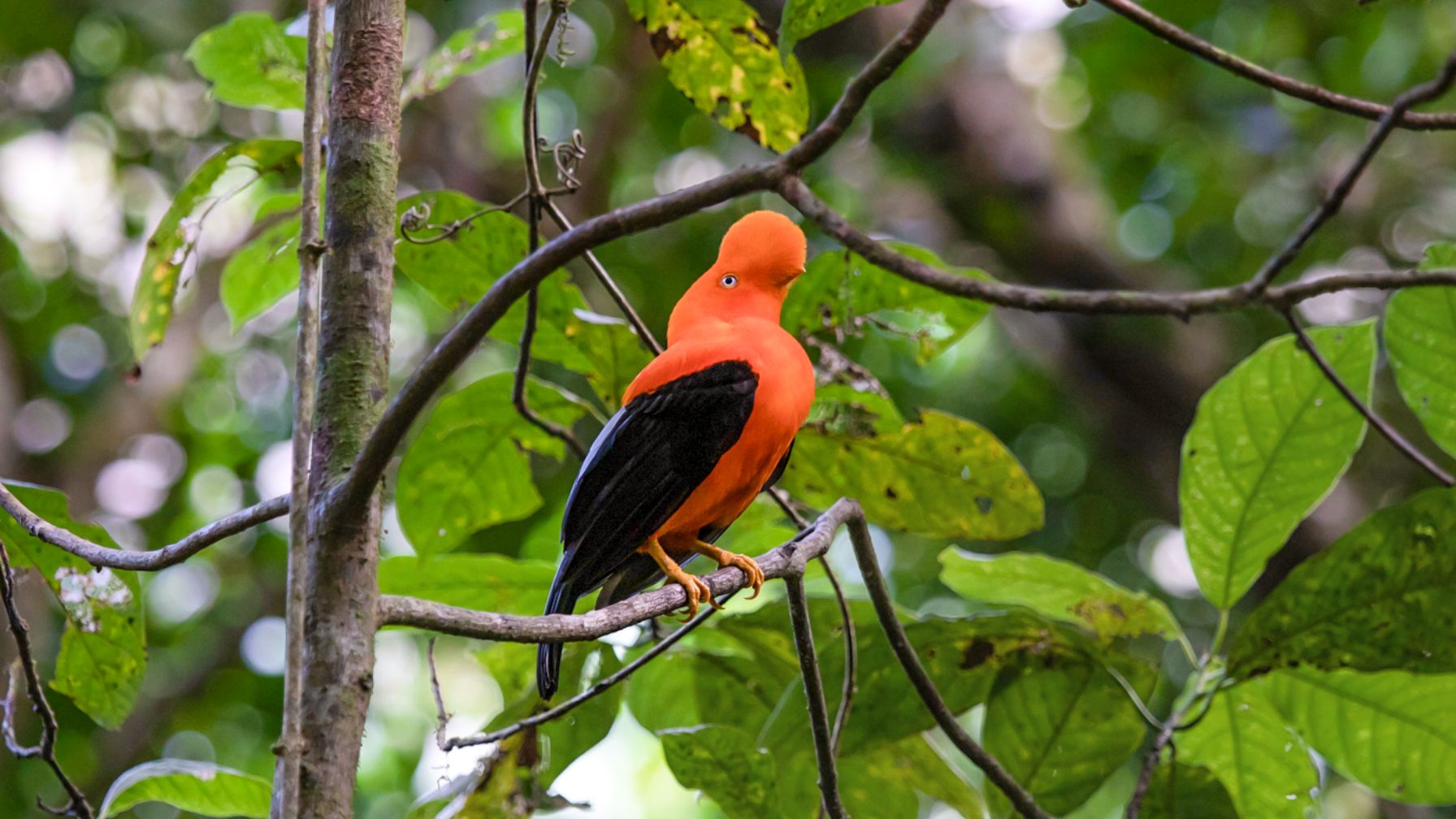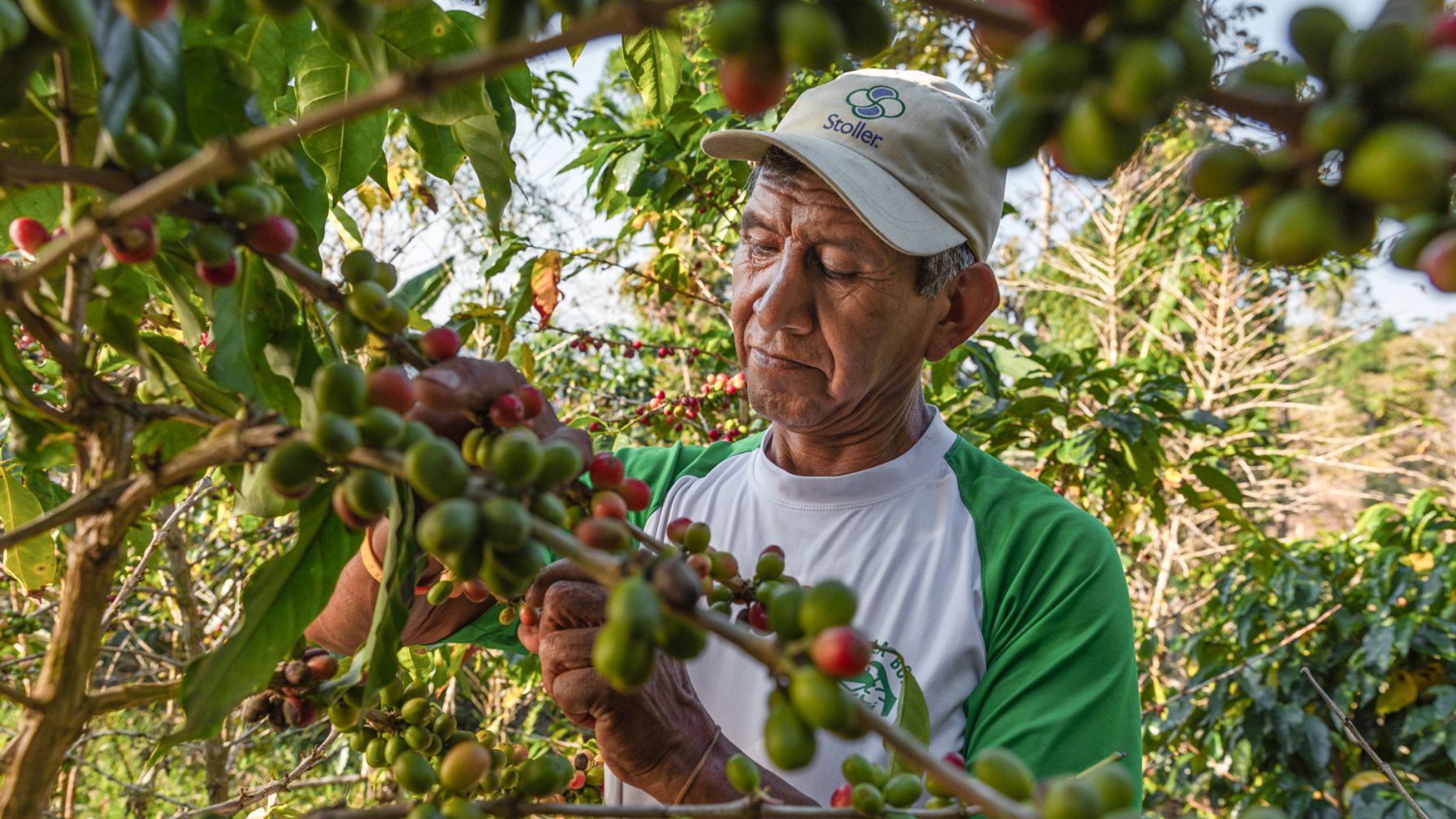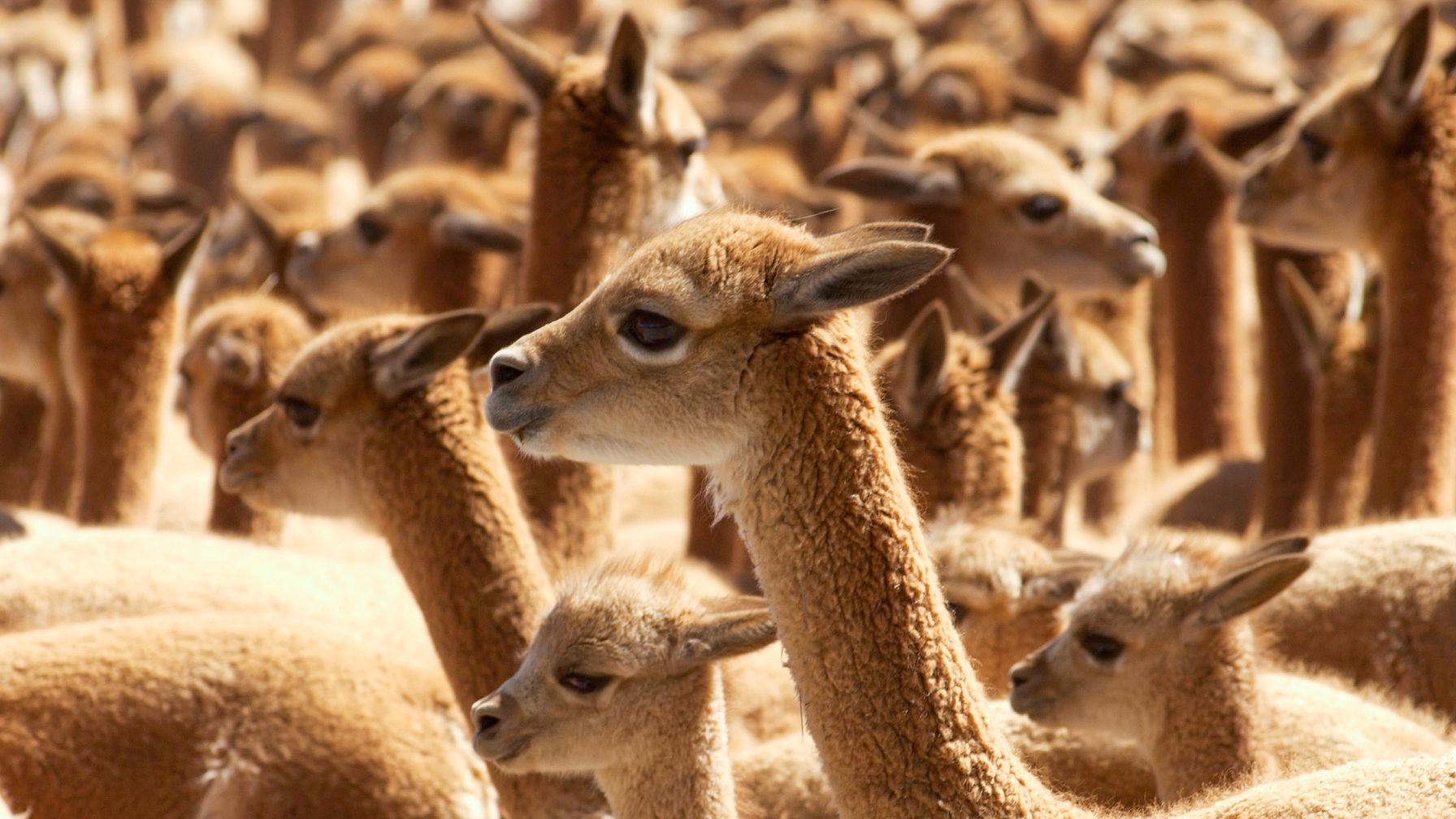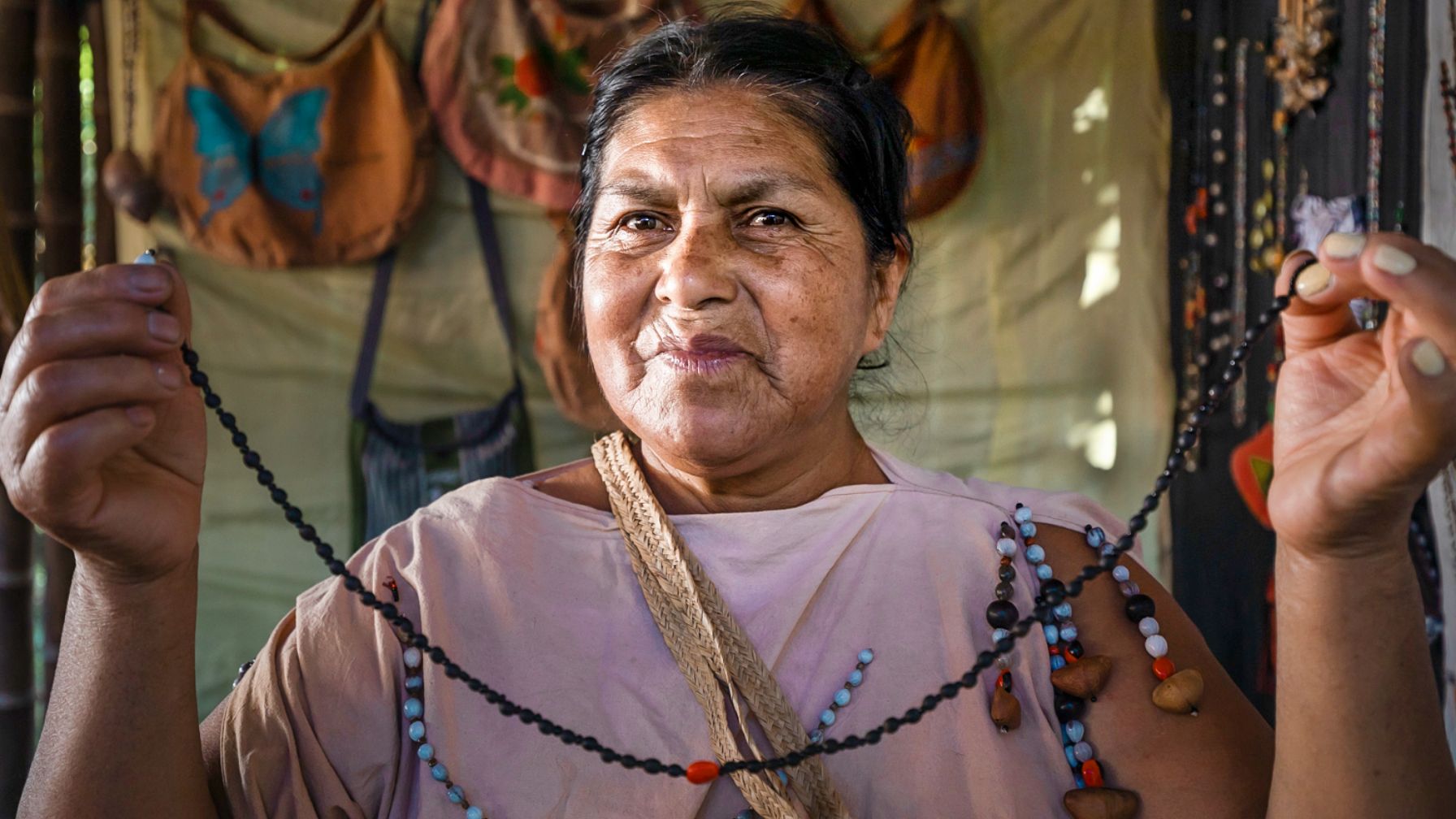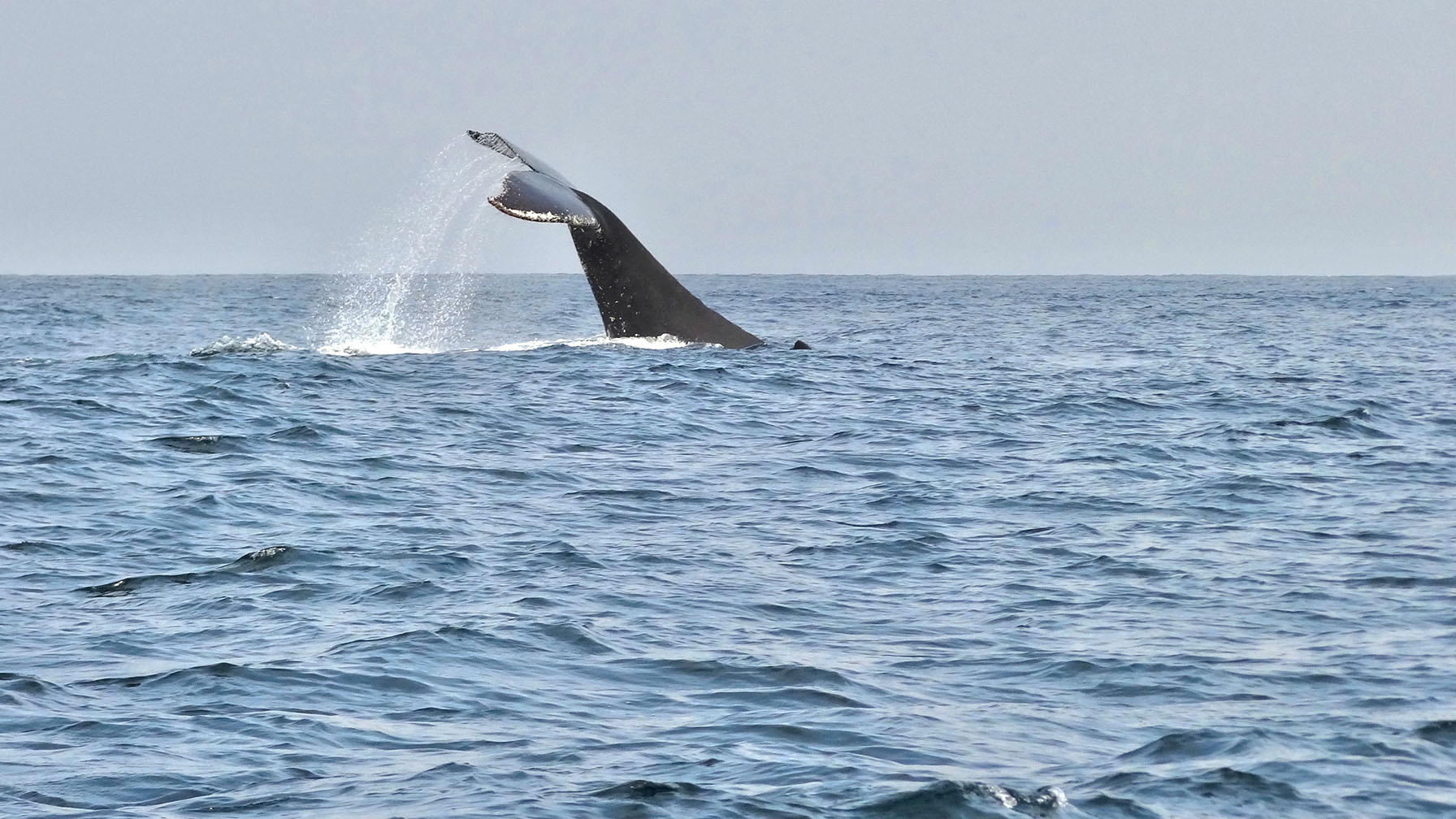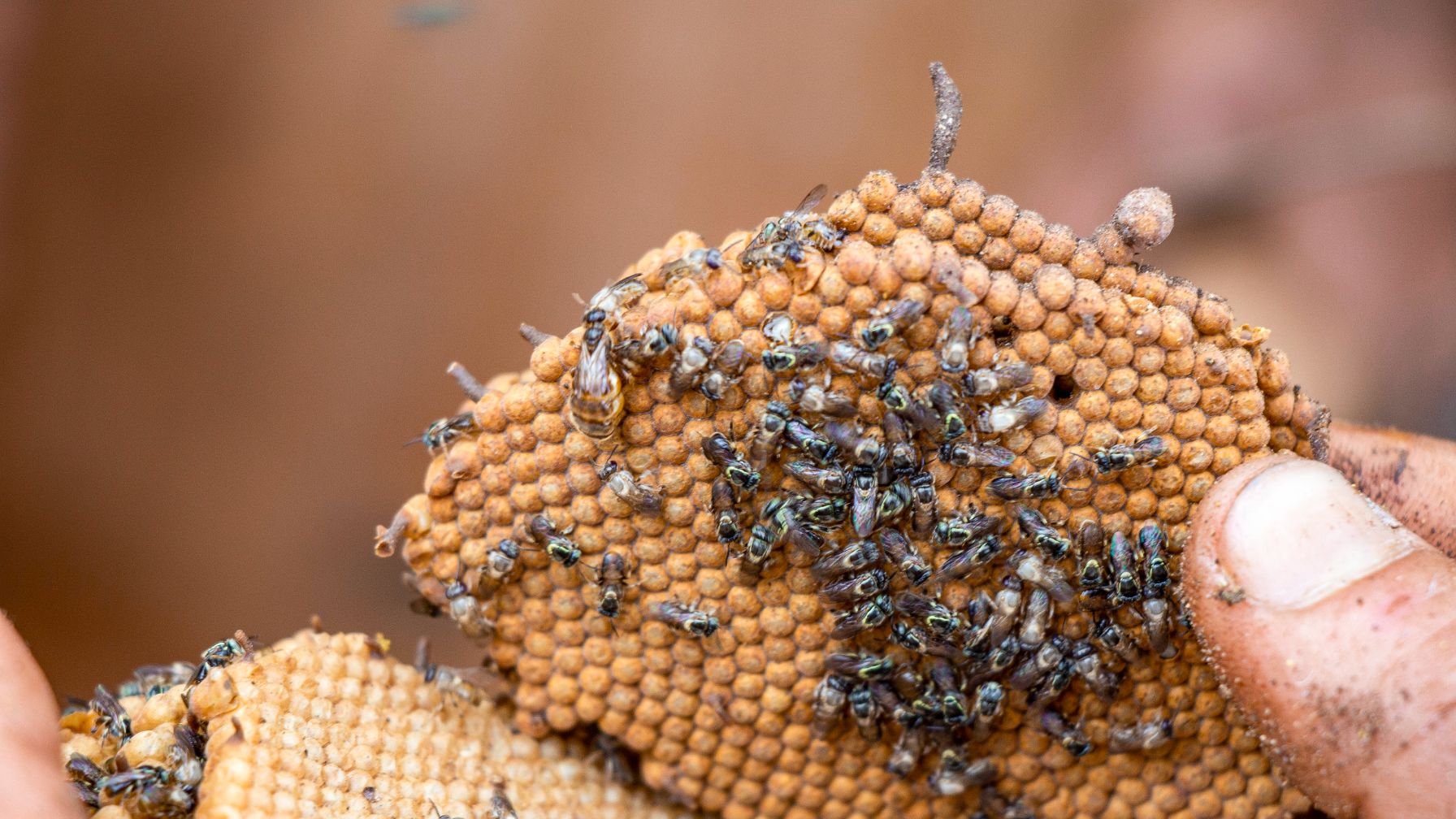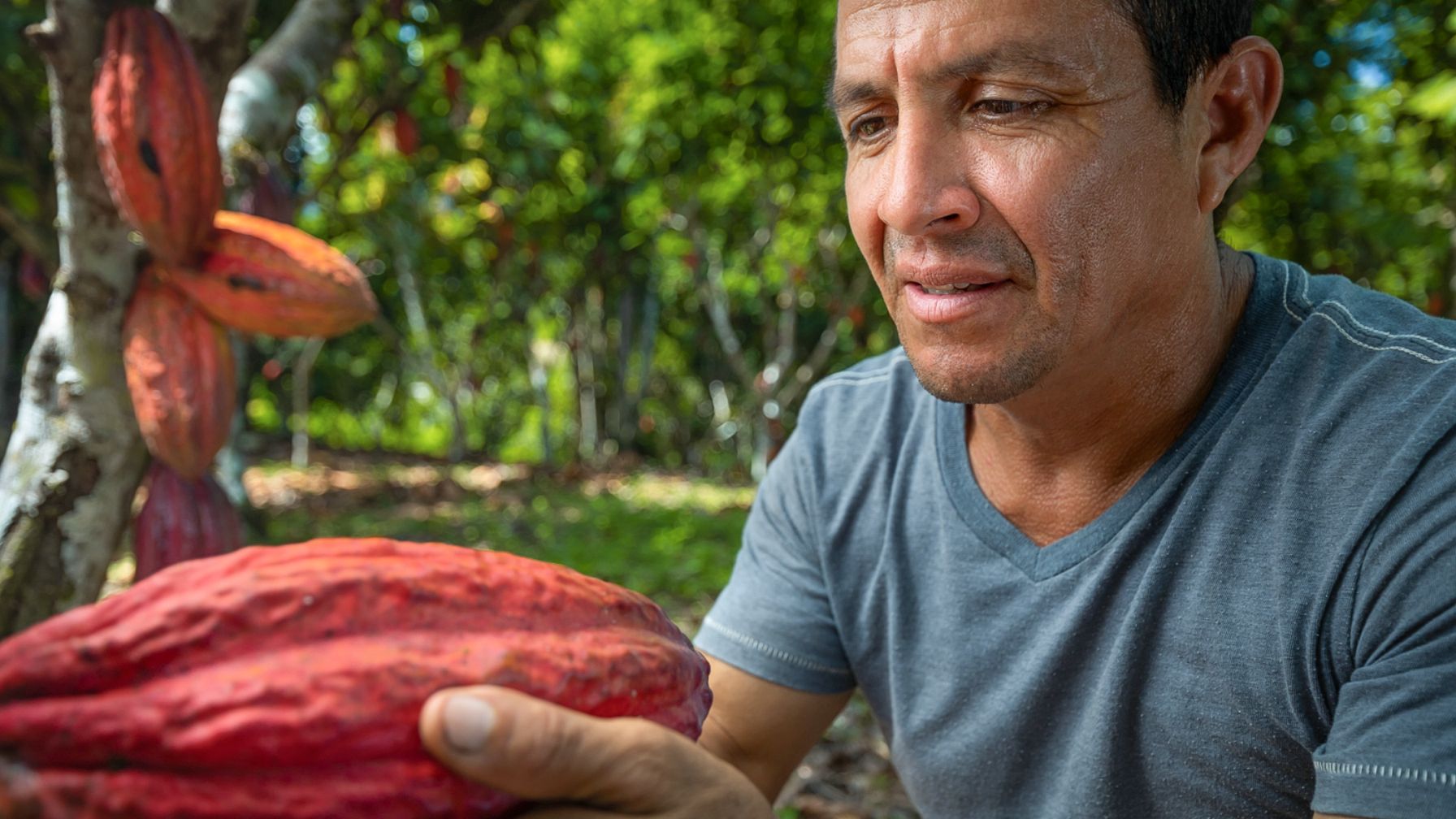Implementation of the Global Biodiversity Framework was at the forefront of the UN Biodiversity Conference COP16. The Parties presented their new national biodiversity targets and strategies. They agreed on fixed criteria (the Monitoring Framework) for monitoring progress in achieving the targets more effectively. Furthermore, they reached agreement on how to generate more financial resources for biodiversity in the long term. To this end, they launched an additional international financing mechanism, the Cali Fund, alongside the existing Global Biodiversity Framework Fund. The new fund will create a balancing mechanism for the use of what is known as digital sequence information. This is genetic information from organisms that plays a crucial role in industries such as the pharmaceutical and chemical sectors. To date, developing countries have scarcely participated in the profits from this. Companies earning money from these valuable natural resources will be expected to contribute to the new Cali Fund, which will improve the sharing of benefits with developing countries. Finally, a new permanent body was established for indigenous peoples and local communities within the Convention structure, recognising and strengthening their role in biodiversity conservation.
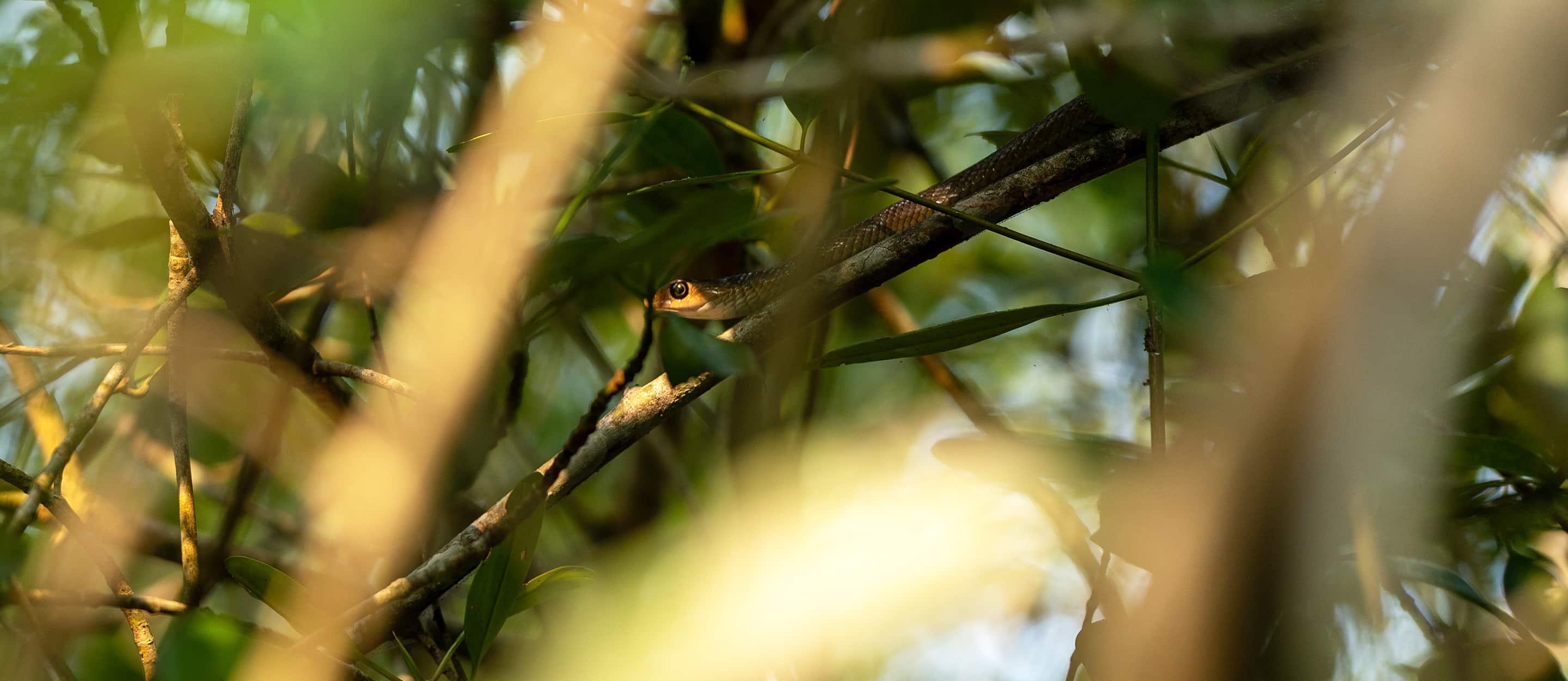 Tapash Paul
Tapash Paul
‘Nature’s not interested in geopolitics’
Biodiversity is crucial to our future and needs to stay on the global agenda. To mark the International Day for Biodiversity, GIZ biodiversity expert Silke Spohn joins us to look at how biodiversity is faring.
The political map of the world is changing – and priorities are changing with it. Geopolitical factors and economic issues currently dominate international debate. ‘That’s all right, and it’s important,’ says Silke Spohn, manager of GIZ’s Biodiversity-Environment-Oceans sector project. ‘But biodiversity mustn’t be forgotten. Nature’s not interested in geopolitics.’
In fact, the loss of species and ecosystems is continuing unabated. Corals are bleaching on a scale never seen before. Forests are withering from drought. Wild animal populations are shrinking dramatically, fungus species are vanishing, and fish and bird numbers are in decline. Humans are interfering in biological diversity in an ‘unprecedented’ way, according to a recent meta analysis by the University of Zurich covering almost 100,000 locations on all the continents.
Loss of the USA as a crucial financier
The new geopolitical reality also includes the fact that, under President Donald Trump, the USA has effectively disbanded the country’s development agency, USAID, and American funding for biodiversity will disappear. Up to now, the USA has been one of the largest donors supporting nature conservation in developing countries. These are often home to rich biodiversity, for example in the tropical forests of the Congo, the Andes and the southern slopes of the Himalayas. At the same time, national budgets rarely have much money to spare for protecting these vital ecosystems. That is why international funding is particularly important. Against this background, the loss of the USA as a financier is a real problem. And there is no clarity as yet on who might be able to stop the gap.
‘It would be short-sighted to follow the American example and wind down biodiversity conservation across the board,’ says Spohn. ‘The opposite is true – what’s really required is even more funding.’ In reality, almost everything we humans need comes from nature – food, raw materials, medicines, water, air, and even climate regulation. For example, around three quarters of all antibiotics have natural origins, as do just under two thirds of all cytostatics, which are particularly important in chemotherapy for treating cancer. Many of the natural raw materials for these come from developing countries – such as a cancer medication originating from sea snails and blue-green algae from the waters around Mauritius that came onto the market in 2011.
 privat
privat
Silke Spohn is head of the Biodiversity-Environment-Oceans sector project at GIZ
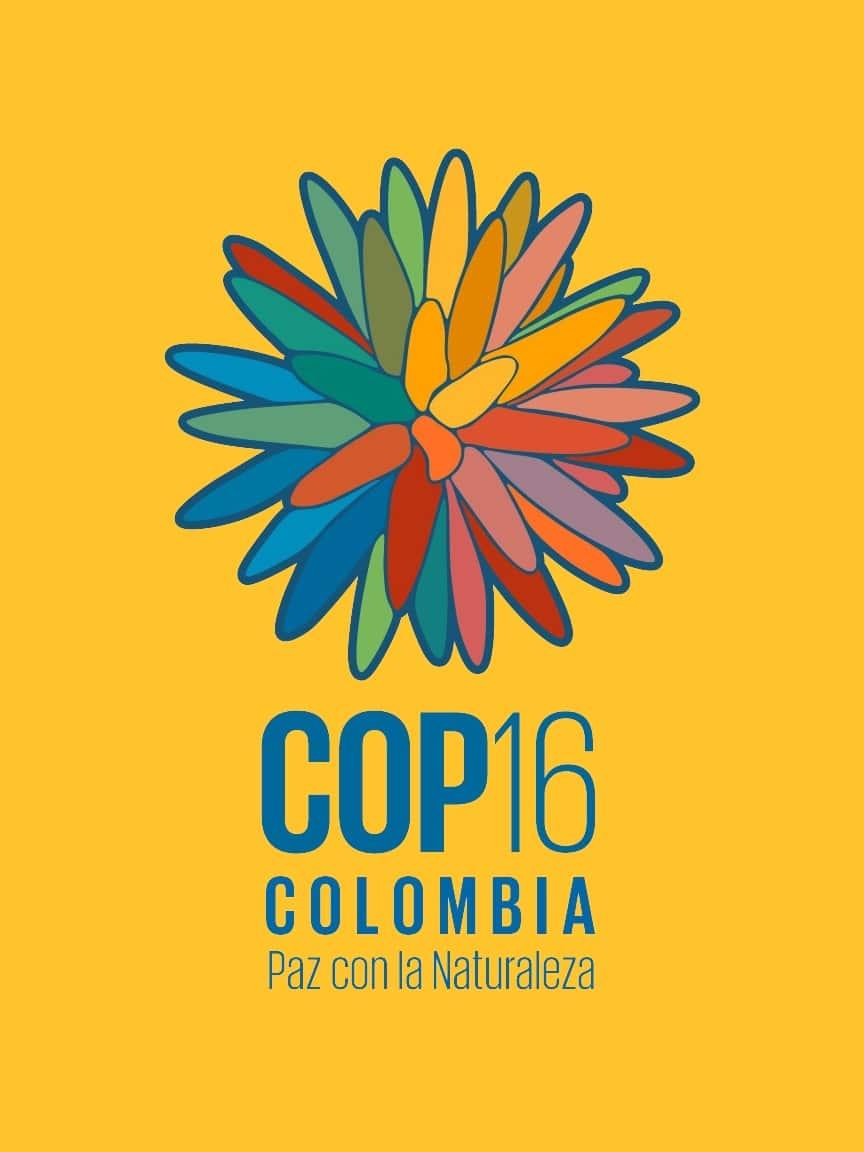
Natural products from other parts of the world important for Germany
Germany in particular is extremely dependent on ecosystems and natural products from other parts of the world in its supply chains. ‘With coffee, cocoa, fruits and nuts, this is more or less obvious,’ says Spohn, ‘but it’s also true of spices, natural rubber, cotton, wood and various minerals.’ Many of these are processed or refined in Germany and generate not just security of supply but jobs as well. From a different perspective, the World Economic Forum views more than half of global economic output as threatened by nature’s decline. The World Bank has calculated that from 2030 around USD 2.7 trillion per year will be lost in global value creation as a result of biodiversity loss. So it is in Germany’s own interests that natural spaces and ecosystem services such as pollination should remain intact in distant countries and receive its support.
In 2022, the 196 parties to the Convention on Biological Diversity set themselves 23 new, specific goals in the Global Biodiversity Framework. The Framework was strengthened further recently at the Conference of the Parties (COP16) in Cali and Rome, where additional key decisions were taken. ‘These are all milestones in preserving international biodiversity. Now it’s important to turn these decisions into action,’ says Spohn.
Germany, alongside France, the EU and the USA, has so far been a major donor in the area of biodiversity, but like many other countries is now struggling with budget constraints. It is therefore all the more positive, says Spohn, that the coalition agreement between Germany’s new governing parties contains the sentence ‘We will continue with international biodiversity conservation’, even if it is not yet clear precisely what that means. In Spohn’s view, scaling back the status of this topic would be fatal in the long term, ‘for our climate, but also for our economy and our prosperity.’
